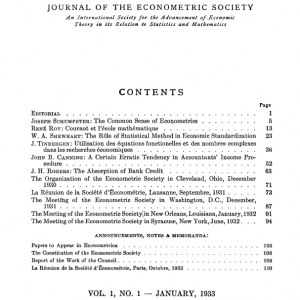
Baillon, A., Huang, Z., Selim, \.(. and Wakker, P. (2018). Measuring Ambiguity Attitudes for All (Natural) Events Econometrica, 86(5):1839--1858.
-
Affiliated authors
-
Publication year2018
-
JournalEconometrica
Measurements of ambiguity attitudes have so far focused on artificial events, where (subjective) beliefs can be derived from symmetry of events and can be then controlled for. For natural events as relevant in applications, such a symmetry and corresponding control are usually absent, precluding traditional measurement methods. This paper introduces two indexes of ambiguity attitudes, one for aversion and the other for insensitivity/perception, for which we can control for likelihood beliefs even if these are unknown. Hence, we can now measure ambiguity attitudes for natural events. Our indexes are valid under many ambiguity theories, do not require expected utility for risk, and are easy to elicit in practice. We use our indexes to investigate time pressure under ambiguity. People do not become more ambiguity averse under time pressure but become more insensitive (perceive more ambiguity). These findings are plausible and, hence, support the validity of our indexes.